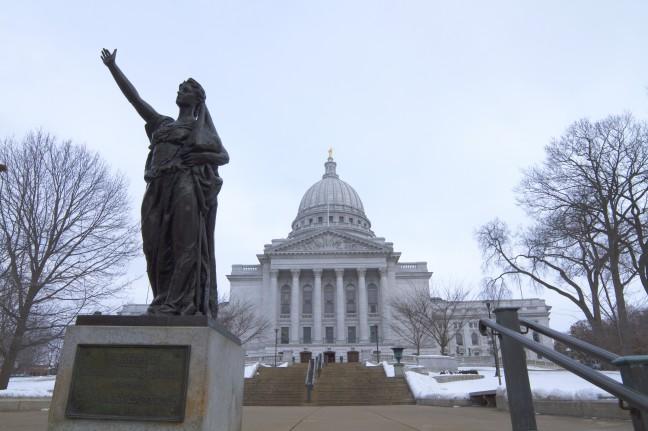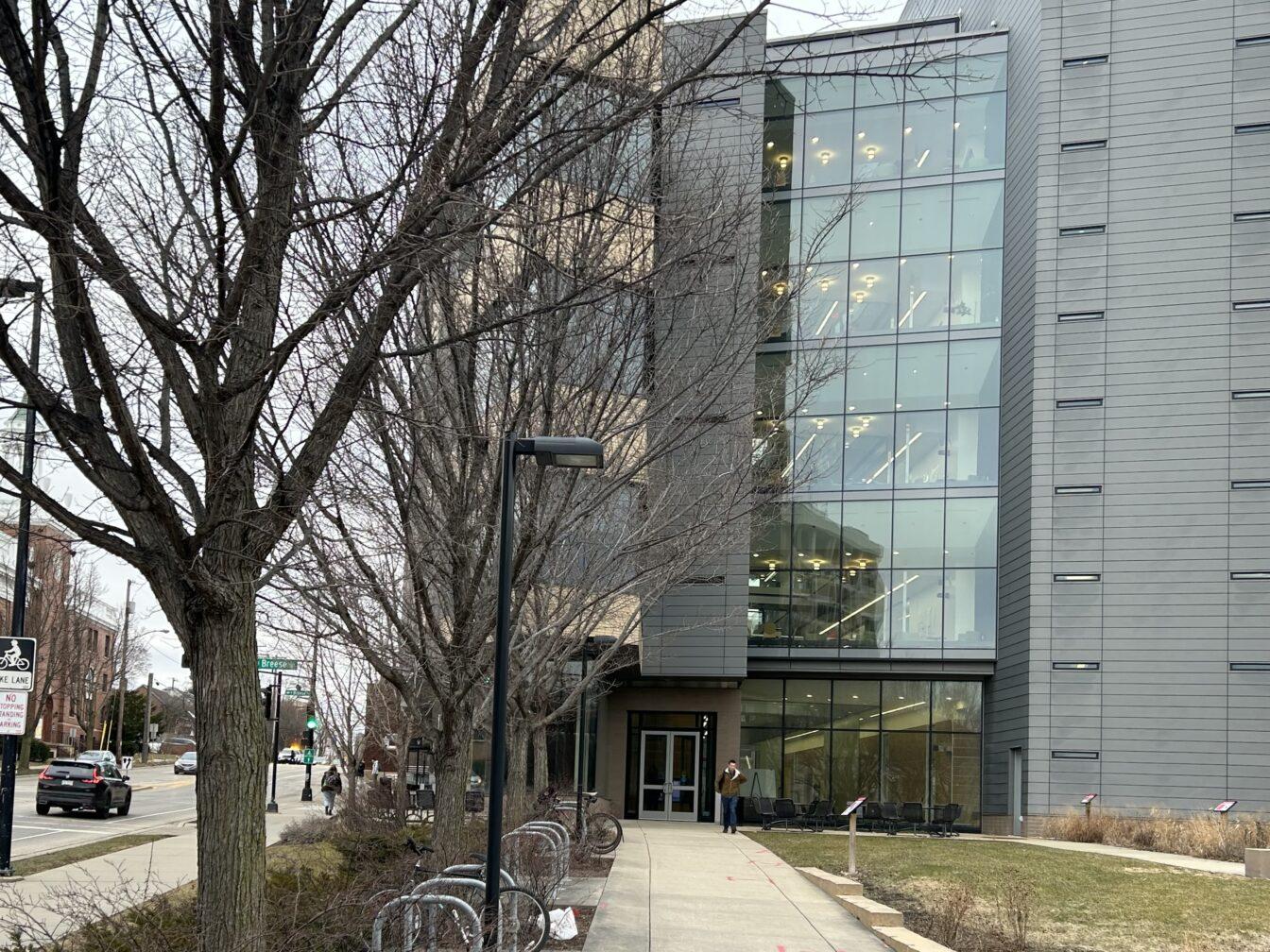Gov. Scott Walker’s state budget proposal — announced late January — is set to go into review by the Joint Committee on Finance in the coming weeks, a body with a large Republican majority and considerable legislative authority.
The Joint Committee on Finance typically holds public hearings on the budget in the first weeks of March and hopes to put out a finalized version for review by the legislature by Memorial Day, Bob Lang, the director of the Legislative Fiscal Bureau, said.
“What they are doing is they craft their version of the bill, and their version of the bill will go to the floor,” Lang said.
Todd Berry, president of the Wisconsin Taxpayers Alliance, said the state of Wisconsin has one of the least fractionalized processes of any state in the country. Rather than a number of committees reviewing the budget, Wisconsin has only one committee, which includes representatives from both parties and both houses.
This session, the Committee on Joint Finance is made up of 12 Republicans and four Democrats. Berry said these 16 representatives out of the 132-member Legislature have a tremendous influence on what changes are ultimately made to the governor’s budget proposal.
“Compared to almost any other state in the country, it has got to be one of the most centralized systems,” Berry said.
Berry said the system as it stands is logical and efficient because eventually the Legislature has to come to an agreement, regardless of how many different committees review the budget.
At the same time, Berry said the centralized power of the committee has led to “mischief” in the past, with committee members adding amendments late on the last night of the committees last day of review — to be seen by the public only when it is essentially too late to change.
“It’s a system that makes a lot of sense because it puts a very fragmented process together, so the decisions are made balancing one another, but the result also is a concentration of power,” Berry said.
Jon Peacock, director of the Wisconsin Budget Project, said the UW System budget proposal — which includes a $300 million cut over the next two years while granting more autonomy to system directors — likely would not come up until late in the Finance Committee’s agenda because it is such a big spending and controversial item.
High profile issues tend to be discussed at the end because the Legislative Fiscal Bureau often comes out with a re-estimate of state revenue sometime in late May, Peacock said.
Peacock said regardless of when the UW System budget is discussed, the public should go to hearings to have their voices heard. He said even though the Finance Committee’s public hearings are often long, university students can put in a slip stating their opinions.
He said students should be weighing in sooner rather than later because the Finance Committee often reacts to early indications of public opinion.
“Public opinion really does matter. It is extremely important for people who care about the university budget to weigh in with their legislators,” Peacock said.






















